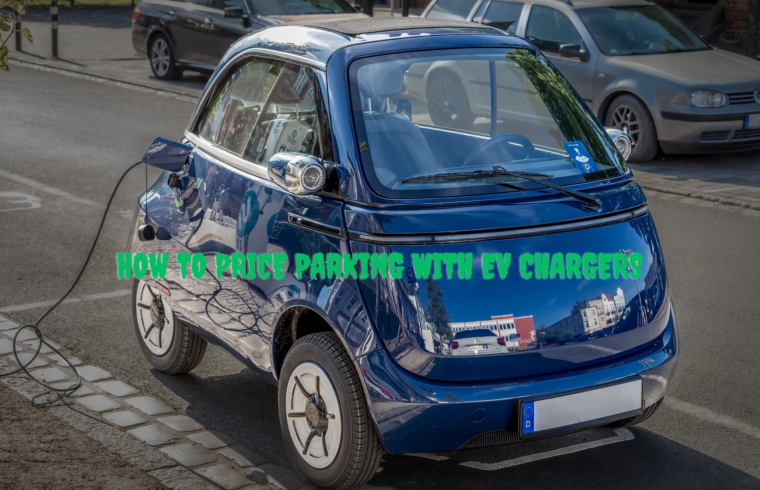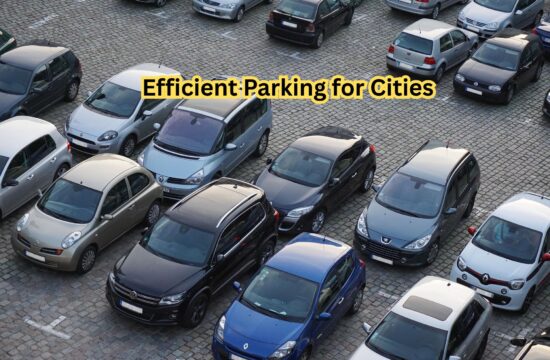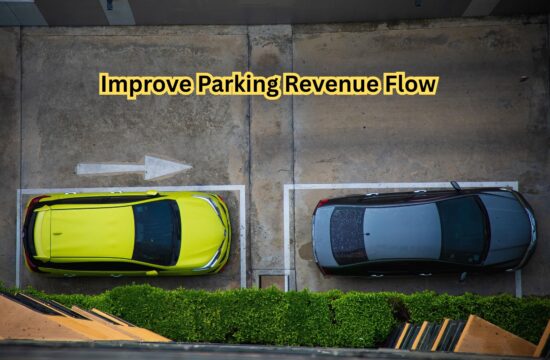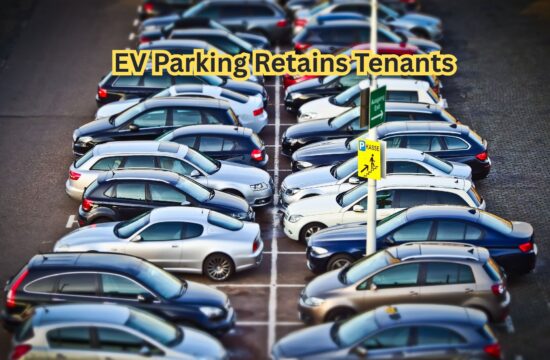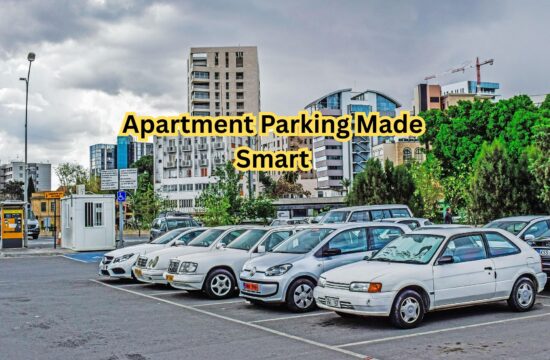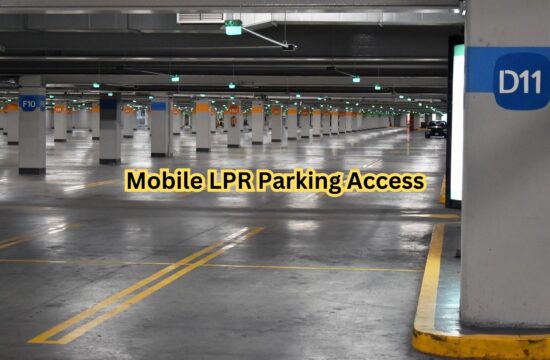Pricing parking spaces with EV chargers in a fair and competitive manner requires planning ahead. To cover the energy utilized, operators should figure out how much electricity costs per kWh and account for the charger’s initial cost, installation, and continuing maintenance. In addition, taking into account the length of parking and any applicable idle costs helps maximize income while guaranteeing customers a satisfying and successful billing experience.
What’s the Price of EV Charging?
The price of EV charging varies based on several factors, including the location, type of charging station, and electricity rates. Generally, Level 1 charging, which uses a standard household outlet, is the cheapest but slowest option. Level 2 charging, typically found at public stations, is faster but can be more expensive. DC fast charging is the quickest but often the most expensive due to its high charging speeds.
Public EV Charging Costs
Understanding public EV charging costs is essential for determining fair pricing for parking with EV charging stations. Costs vary based on charging speed and electricity rates. By analyzing these costs, parking operators can set competitive and transparent pricing, optimizing revenue and ensuring a positive charging experience for users.
What’s the Price of EV Parking?
Understanding the price of EV parking involves considering factors like electricity costs, infrastructure, and parking duration. By analyzing these elements, operators can set competitive and transparent pricing for parking with EV charging stations, optimizing revenue and ensuring a positive and profitable experience for EV users.
Ensuring Order at EV Charging Points
Ensuring order at EV charging points is crucial for determining fair pricing at charging stations. Clear guidelines on parking duration and penalties for overstaying the charging window can promote turnover and fair use. This structured approach optimizes revenue, encourages efficient use of charging stations, and enhances the user experience.

